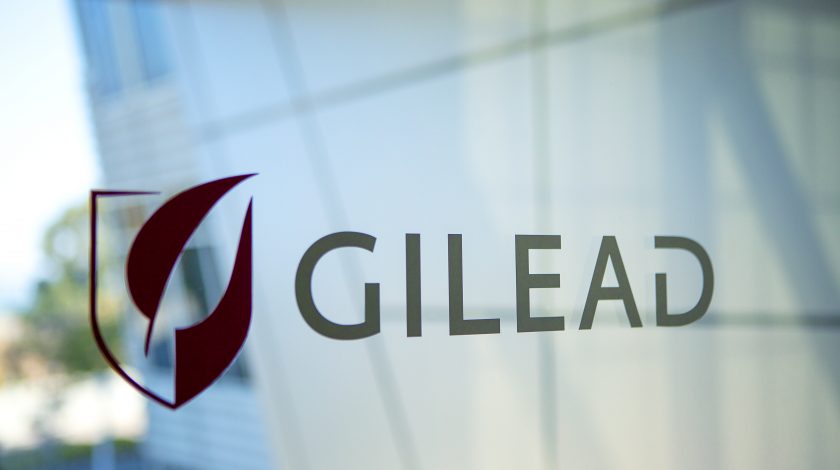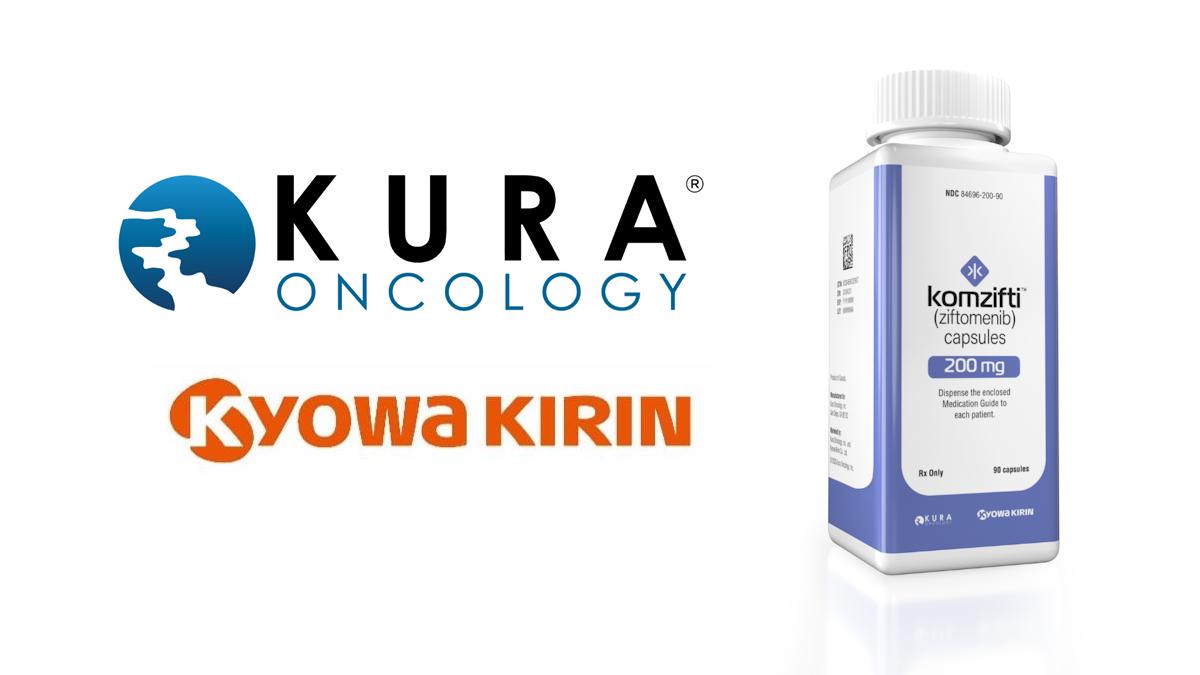Gilead trumpets data with newly-bought magrolimab in blood cancers

Just three months after acquiring Forty Seven for $4.9 billion, Gilead has reported positive data on magrolimab, the lead drug from the deal, at ASCO 2020.
Phase 1b data presented at the congress showed that the combination of the CD47-targeting antibody with azacitidine achieved a 91% overall response rate (ORR), with 42% complete responses, in patients with previously-untreated myelodysplastic syndrome (MDS).
After a minimum of six months of follow-up, the complete response rate had grown to 56%, suggesting the effect was durable and improved over time.
The study also tested the combination in acute myeloid leukaemia (AML), with an ORR of 64%, 56% of which were complete responses. The AML arm was carried out in patients who weren’t strong enough to tolerate the intensive chemotherapy that would be the usual first-line treatment option.
12 out of 29 patients in the AML group had TP53 mutations, which are associated with a particularly poor prognosis, and eight (75%) of them achieve a complete response with the combination.
The 68-patient study is small but the high response rate reinforces the potential of CD47 as a therapeutic target in cancer. It’s described as a 'don’t eat me' signal given off by cancer cells to evade destruction by while blood cells called macrophages.
Some studies have also suggested that blocking CD47 can also push malignant cells into a form of suicide known as apoptosis.
The strong data signal now has Gilead debating whether the single phase 1b trial could be enough to file for accelerated approval with the FDA using regulatory pathways that allow early access to promising new therapies for cancers with few treatment options. It eventually aims to enrol around 257 subjects into the study, which is still ongoing.
The company says it intends to discuss that with the FDA, while also moving ahead with additional trials of magrolimab in MDS and TP53-mutant AML.
When Gilead acquired Forty Seven in March, chief executive Daniel O’Day said the deal would complement a pipeline of cell therapies for blood cancers from Kite Pharma, which the company bought for $11.9 billion in 2017.
Approximately 15,000 people are diagnosed with MDS in the US each year, with no new treatments approved in 14 years, and there are also around 20,000 new cases of AML.
Magrolimab is out in front among a small but growing group of companies developing CD47-targeting immunotherapies for cancer. Others include Trillium Therapeutics, I-Mab, Innovent, ALX Oncology, Surface Oncology, Vivoryon and Morphiex.
Trillium also reported new phase 1 data with its candidate TTI-622 in patients with advanced relapsed or refractory lymphoma at ASCO, backing up the tolerability of the drug and showing glimpses of efficacy including two partial responses in heavily pre-treated diffuse large B-cell lymphoma (DLBCL) patients.













